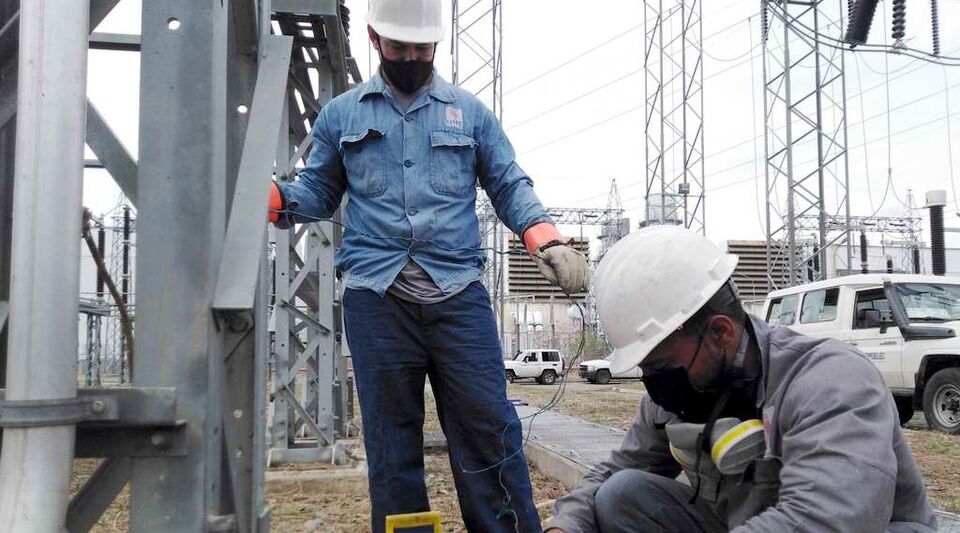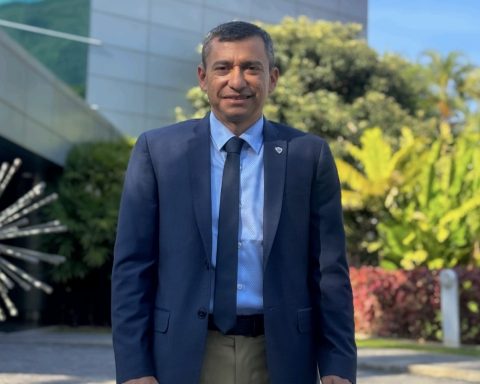Fifteen months into his presidency, Joe Biden has finally taken some small steps to get back to Cuba on the issue of migration. Are these talks a harbinger of the broader engagement Biden promised during the 2020 campaign or an isolated attempt to relieve political pressure on the White House over the immigration crisis at the southern border?
In March, the State Department announced that in May would reopen the consular section of the US Embassy in Havana, closed since 2017, and would resume “limited” processing of Cuban visa applications. Last week, the United States held migration talks with Cuba for the first time since July 2018, the first substantive diplomatic dialogue between the two countries since Biden entered the White House. The Cuban negotiator, Vice Minister Carlos Fernández de Cossío, qualified the talks as “very positive”, “very constructive” and “a very important step forward”, noting that Cuba is also open to talks on a wide range of topics of mutual interest.
The purpose of the migration talks, according to the Secretary of National Security, Alejandro Mayorkas, was to “explore the possibility of resuming” the migratory agreements between the United States and Cuba “that were interrupted.” What he did not say is that Washington was the one who interrupted them.
Since 2017, the United States has been violating the 1994 migration agreement that the Clinton administration signed with Cuba to stop the latest migration crisis. In that agreement, the United States promised to provide at least 20,000 immigrant visas to Cubans annually and to hold regular immigration meetings, talks that were held every six months until 2018 when the Trump administration cut them off.
Trump also failed to meet the US obligation to admit 20,000 Cuban immigrants annually. The consular section of the US Embassy was closed in 2017 when the State Department withdrew most of the embassy staff after two dozen US employees in Havana experienced unexplained symptoms that were called “The Havana Syndrome”. Although it was later found anomalous incidents similar health problems in half a dozen other countries, including the United States itself, the embassy in Havana was not replaced and the consular section remained closed. To apply for a visa to enter the United States, Cubans had to travel to a US embassy in a third country. Legal migration of Cubans to the United States fell by 90 percent.
Irregular migration increased, as it has before when the Cuban economy has been in crisis. The double whammy of US economic sanctions — especially restrictions on remittances — and the COVID pandemic that decimated the tourism industry have crippled Cuba’s ability to import basic goods like food, fuel, and medicine. To the extent that standard of living has fallenthe number of Cubans trying to reach the United States has increased rapidly.
With legal emigration channels closed, Cubans have been traveling to the Latin American mainland, joining Central Americans in journeying north to the southern border of the United States or risking their lives trying to cross the Straits of Florida in small boats. and rafts. In fiscal year 2020, the US Customs and Border Protection Office. accounted for 14,018 Cubans trying to enter the United States illegally. In 2021, the number jumped to 39,303. In the first five months of 2022 alone, it has doubled to 79,835. At this rate, the number of irregular Cuban migrants this year will exceed the figures for both the migratory crisis of the Mariel of 1980 as of the crisis of the rafters from 1994.
Migratory crises tend to alter the political status quo that governs relations between the United States and Cuba. Normally, Cuba policy is a prominent political issue only for Cuban-Americans, especially those concentrated in South Florida. Consequently, they have a disproportionate political influence and historically the majority has opposed rapprochement between the two countries. In 2020, Cuban-Americans gave the Democrats a decisive political defeat in Florida: More than 60 percent of them voted for Donald Trump, and Democrats lost two South Florida House seats they thought were safe. President Biden’s failure to follow through on his campaign promise to resume President Obama’s policy of engagement with Cuba stems from political anxieties in the White House in the wake of that electoral thrashing.
But immigration is an issue that mobilizes voters across the country, and Republicans have become adept at weaponizing it. President Trump’s policy of “maximum pressure” on the Cuban economy — a policy maintained by Biden — has exacerbated the immigration problem on the southern border, whose political dangers far outweigh the risk of angering Cuban-Americans in Miami. In February 2022, the surveys of Gallup found that 58 percent of the public was dissatisfied with the level of immigration and Biden’s own polling firm found that 66 percent of likely mid-term voters disapprove of his handling of the issue. Therefore, President Biden, like President Jimmy Carter and President Bill Clinton before him, is willing to talk to Cuba about migration in the hope of limiting the political damage caused by the increase in irregular arrivals.
The resumption of migration talks is a welcome development, the first in US-Cuba relations since Barack Obama left office. But it may not be a harbinger of broader diplomatic discussions on the full range of issues — law enforcement, human trafficking, cooperation with the Coast Guard, environmental protection, and more — that were underway before Trump made them. will close all If past is prologue, Washington will try to move forward on migration, taking some pressure off the southern border, without improving the overall bilateral relationship. A 1998 observation by Brent Scowcroft, national security adviser to Presidents Ford and HW Bush, still stands: “Cuba is an internal problem for the United States,” he said. “It’s not a foreign policy issue.”
The lesson Biden should draw is that migration is just one issue among many that can only be effectively addressed through dialogue and cooperation between Washington and Havana.
***
* This article was originally published in English at Responsible Statecrafta Spanish version is published with the express authorization of its author.

















